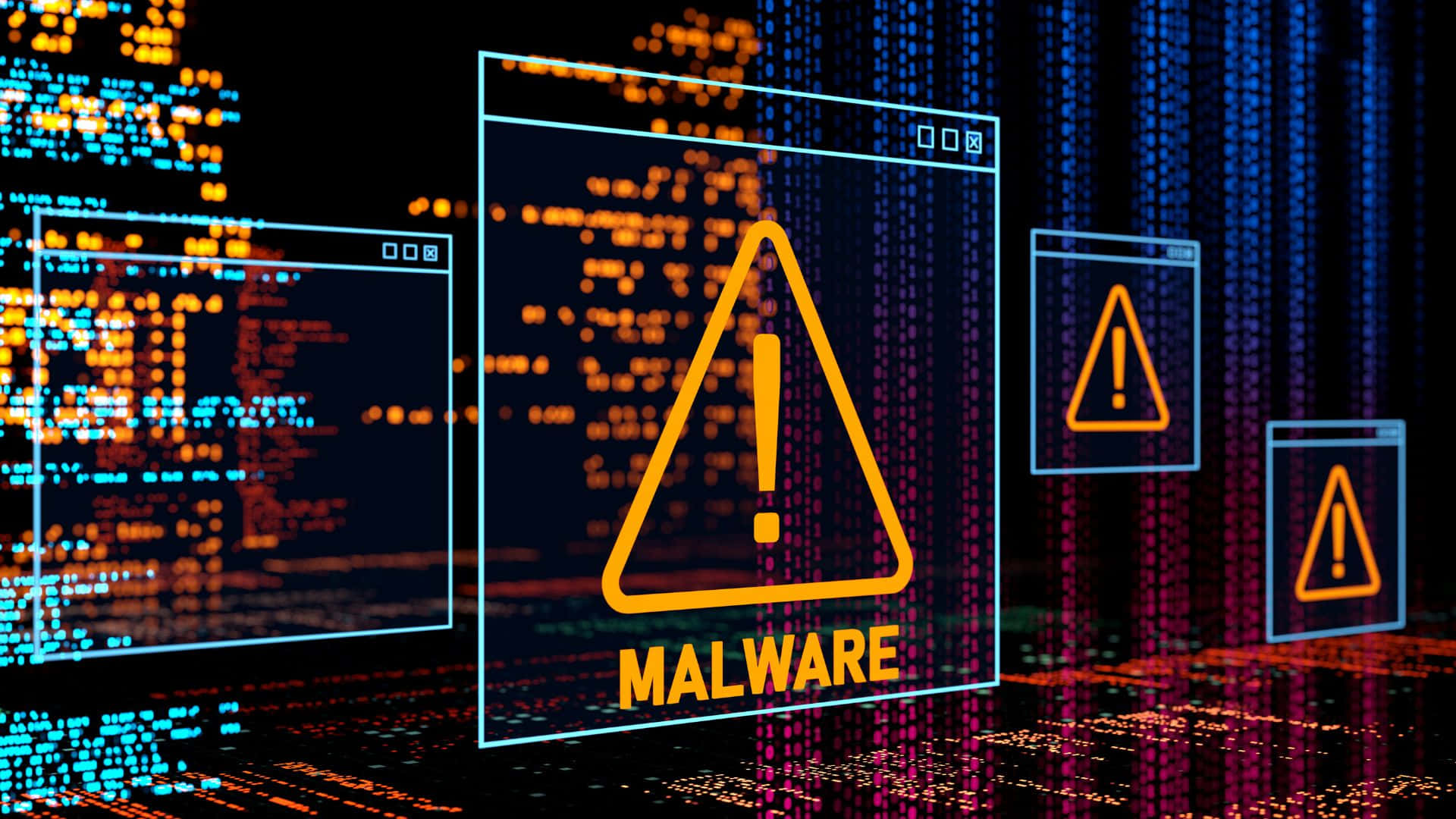Introduction
Penetration testing, or ethical hacking, is a dynamic field that requires a blend of technical skills, creativity, and a deep understanding of cybersecurity principles. Aspiring penetration testers often wonder if obtaining accreditation is necessary to enter the field and which certifications hold the most value.
The Role of Accreditation in Penetration Testing
Accreditation serves as a benchmark for the knowledge and skills of a penetration tester. It provides employers with a measure of a candidate's proficiency and dedication to the field. While not always mandatory, having recognized certifications can significantly enhance job prospects and credibility in the industry.
Is Accreditation Necessary?
While it is possible to enter the field without formal accreditation, certifications can open doors to more opportunities and higher salaries. They are often seen as a testament to one's commitment and expertise.
Most Sought-After Penetration Testing Certifications
The following certifications are highly regarded in the industry and can be instrumental in launching a successful career as a penetration tester:
- Certified Ethical Hacker (CEH): Offered by the EC-Council, the CEH certification covers a broad range of topics and is ideal for beginners.
- Offensive Security Certified Professional (OSCP): Known for its rigorous hands-on exam, the OSCP is respected among professionals for its emphasis on practical skills.
- GIAC Penetration Tester (GPEN): Provided by the Global Information Assurance Certification, GPEN focuses on advanced penetration techniques and methodologies.
How to Choose the Right Certification
Selecting the right certification depends on your current skill level, career goals, and the specific areas of penetration testing you are interested in. Research each certification thoroughly and consider the following factors:
- Relevance: Ensure the certification content aligns with your career path.
- Recognition: Opt for certifications well-recognized within the industry.
- Prerequisites: Check if there are any prerequisites for the certification.
- Cost: Factor in the cost of the certification and its return on investment.
Conclusion
In conclusion, while accreditation is not strictly necessary to become a penetration tester, it is highly beneficial. Certifications like CEH, OSCP, and GPEN can provide a competitive edge and are often sought after by employers. By choosing the right certification, you can set a strong foundation for a successful career in penetration testing.










